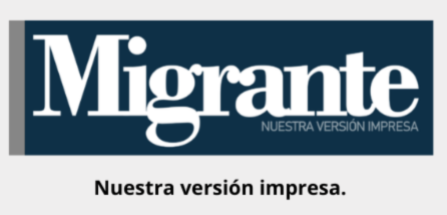The Government of Mexico, led by President Claudia Sheinbaum Pardo, is preparing a package of legal reforms aimed at preventing judges and Supreme Court justices from unfreezing financial accounts blocked by the Financial Intelligence Unit (UIF) without a full judicial review. The President emphasized that the goal is to stop the use of provisional suspensions to release funds allegedly tied to money laundering, corruption, or organized crime.
In her morning press conference, Sheinbaum denounced current practices where, despite evidence provided by UIF regarding illicit origins of funds, judges grant injunctions allowing access to these accounts without resolving the substance of the case. “When money laundering is proven, and accounts are released so the funds can still be used, that is called corruption,” she declared. She stressed the need to reform not only the Federal Law Against Organized Crime (ORPI)—now under Senate discussion—but also the Amparo Law and other procedural statutes.
UIF head Pablo Gómez Álvarez supported this initiative, noting that the List of Blocked Persons (LPB) is a preventive tool to stop illicit funds from circulating in Mexico’s financial system. From December 2018 to March 2025, the UIF has added 7,815 individuals to the LPB, with 6,545 still active. Over 32.5 billion pesos, along with hundreds of millions in U.S. dollars and euros, have been blocked.
However, Gómez explained that a significant portion of those funds has been unfrozen by court rulings: over 23 billion pesos released by the judiciary, another 82 million pesos by the Administrative Court, and more than 5 billion pesos by the UIF itself, in cases of misinterpretation. He warned that abuse of provisional suspensions is weakening the LPB’s effectiveness, citing the example of Inés Gómez Mont and Víctor Manuel Álvarez Puga, who were removed from the list despite having outstanding arrest warrants.
President Sheinbaum concluded that her administration is committed to a “zero impunity” policy that will not shield anyone involved in financial crimes. She affirmed that these reforms are part of the broader transformation of the judicial system. “The Attorney General must act, no exceptions. This is not political persecution—this is justice,” she stated.


